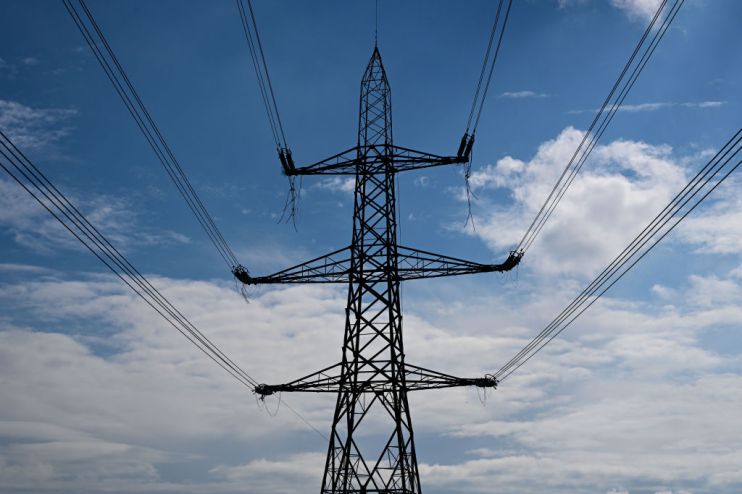UK grid connections branded ‘greatest obstacle’ to net zero following landmark review

Grid connection wait times are a “national scandal” and the “greatest obstacle” on the path to net zero, renewable energy bosses have warned following the publication of a landmark review into the UK’s grid system.
Nick Winser, electricity networks commissioner and former National Grid chief executive, published his review into grid connections last week, calling for the “speeding up the delivery of strategic electricity transmission lines”, which he described as “challenging but vital and achievable”.
He argued that red tape must be slashed to ensure the rollout of new electricity lines can keep up with the building of new wind farms as the country scrambles to reach net zero.
This includes offering households near new energy projects lump sum payments to boost community approvals for needed infrastructure, and to ensure the rollout of new electricity lines.
He forecasts the current timescales of 12-14 years for building new electricity transmission lines can be reduced to just seven if the planning process is streamlined, bringing the development timescale in line with large offshore wind farms being proposed in British waters.
Zoisa North Bond, chief executive of Octopus’s renewables arm Octopus Energy Generation, praised the “brilliant” recommendations in Nick Winser’s review and said she hoped they could be “rolled out quickly”.
“Power from renewables is currently cheaper than power from fossil fuels, but grid connection wait times remain a national scandal. The UK is on the cusp of a massive decarbonisation opportunity: to build and connect more green energy and deliver cheaper, cleaner energy to people as a result. Timing is of the essence. The need to bring down bills and boost our energy security couldn’t be more urgent,” she told City A.M.
Andy Willis, founder of renewables player Kona Energy, told City A.M. that grid delays have tarnished the UK’s investment climate, with £200bn worth of projects currently sitting in the queue.
He said: “The greatest obstacle on our path to net zero is not investment difficulties or technological challenges – it’s actually getting renewable projects connected to the grid. Even five years ago, the idea that these delays could undo so much hard work was unfathomable.
“Removing regulatory barriers and providing significant investment in the connection process will lubricate the whole system, getting battery storage sites like Kona’s online years earlier than is currently expected.”
He predicted that if the pace of action was sufficient, the UK could still meet its ambitious renewable generation targets.
“Government deserve credit for acknowledging the scale of the problem, but we now need delivery,” he said.
Following the report’s publication, secretary of state for energy security and net zero Grant Shapps pledged to act on its findings.
He said: “We must ensure we are taking full advantage of our success and getting the increased supply of homegrown, clean energy that we have at our fingertips to people’s homes and businesses for years to come. This is another important step as we continue to reform our energy system to drive down bills, grow the economy and ensure tyrants like Putin can never again use energy as a weapon of war.”
In response to sustained industry criticism, National Grid has outlined a five point plan to boost renewable energy projects, including removing the first-come, first-serve basis for approval.
It has also opened a consultation on allowing developers to make their own connections to the grid.
Carl Trowell, president of UK strategic infrastructure at National Grid, said: “There is no time to waste, implementing the proposals and progressing the energy transition at pace is the surest route to more affordable bills, greater energy resilience and a more energy independent UK.”